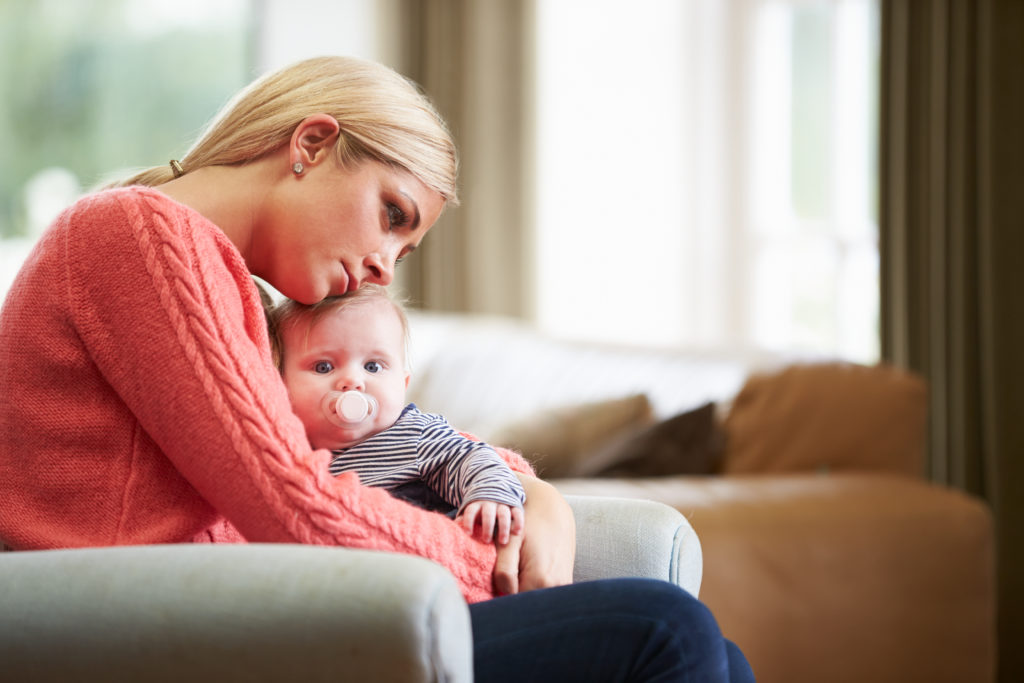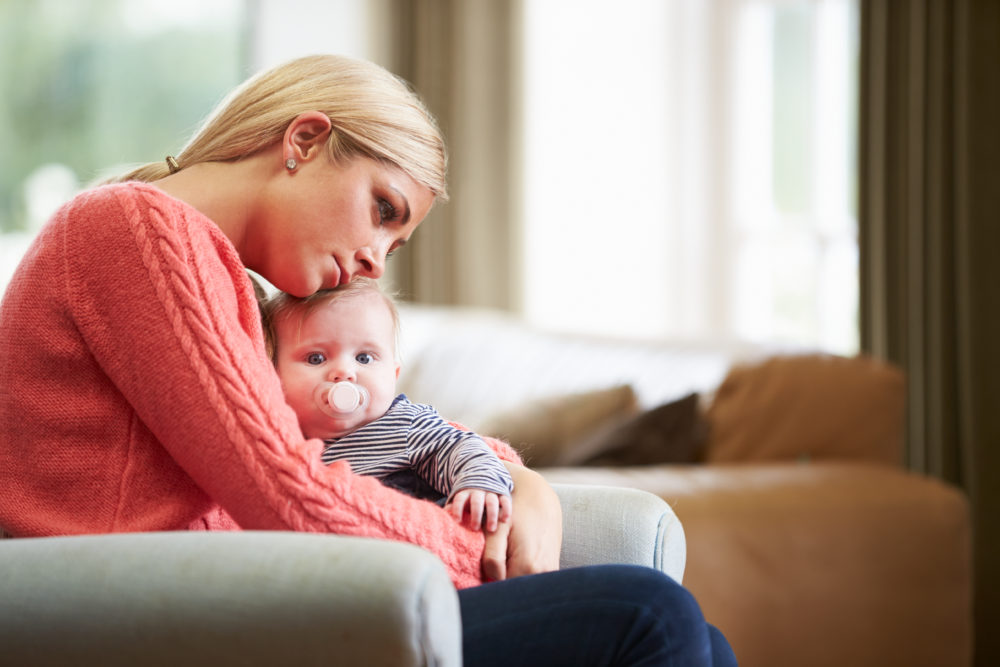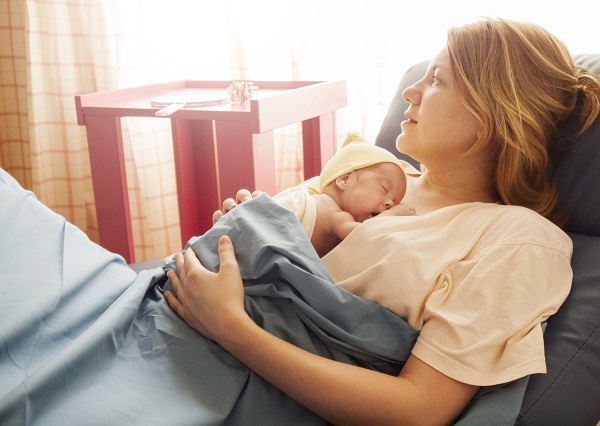
For many women, having a baby is the happiest time in their life but this is not the case for all new mothers. Some mothers get the baby blues. Research shows up to 60 per cent of mothers struggle significantly in the first six months of giving birth. Postnatal depression is a real condition, but you’re not alone.
For those who suffer from postnatal depression, it can become a serious problem for the mother’s relationship with her baby; and her relationship with her partner and family. Anyone suffering from a form of depression needs to be diagnosed quickly, supported and treated.
How does it slip through the cracks?
With post-natal depression, it can go undiagnosed for a number of reasons. It could be due to a lack of awareness on the part of the mother, family or those who are supposed to be supporting and treating her. It can also be because of the stigma attached to depression and mums suffer silently due to feelings of shame and guilt.
When does it usually occur?
First-time mothers are not the only ones who experience post-natal depression. You can be hit with post-natal depression in your 2nd,3rd, or 4th pregnancy. Some women get mild post-natal depression which then gets worse with every pregnancy. Postnatal depression is like any other illness in that the sooner you go for help the quicker the recovery.
What are the symptoms of postnatal depression?
- The most common symptom of postnatal depression is feeling low, unhappy and wretched nearly all of the time, a feeling which you are unable to shake.
- Fatigue can be another sign of post-natal depression. You’ll feel like you simply can’t get out of bed. Mornings are usually the worst time for postnatal depression sufferers.
- Insomnia, however, can also occur, and mum is unable to sleep due to worries and concerns.
- Mothers suffering from post-natal depression usually lose interest in eating, though again, the opposite can also happen as others can take comfort from food but then experience self-loathing as a result of putting on weight.
- Other signs of post-natal depression are an overall loss of enjoyment, low self-esteem, not coping, anxiety and some experience panic attacks.
How long will it last?
It’s important to know people’s experiences of depression vary and recovery cannot be measured in degrees of severity, or by days, weeks or months of endurance. It is very important to go and see your doctor and to inform your public health nurse if you suspect you are suffering from postnatal depression. You might be encouraged to go on anti-depressants and, though most women dread being put on medication, new tablets have come a long way. If on anti-depressants, you should see some improvement in a week to ten days. Postnatal depression is a very up and down illness; one good day, two bad days but you will eventually notice that the bad days become fewer as you start to get better.
Some women prefer not to take tablets, and for this option, you will need support. Most importantly, talk to your partner and extended family; their support is very important. It is so important that you realise that you are not on your own going through this illness and to seek all the help and support that is available to you.
For further information on postnatal depression, Postnatal Depression Ireland or call on (021) 492 3162.
maternity & infant
Originally posted 2018-02-19 16:15:14.









